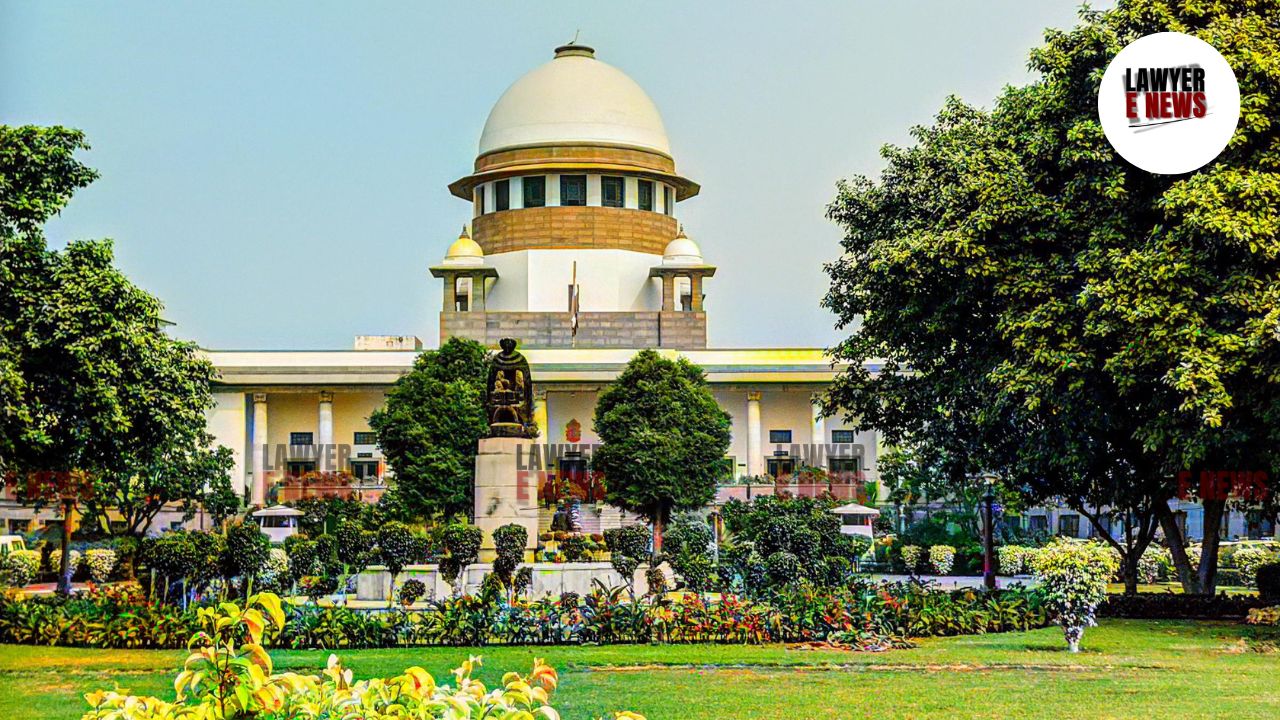-
by Admin
15 February 2026 2:36 AM



Supreme Court of India addressing the interplay between the execution and genuineness of a disputed Will. The Court set aside the Bombay High Court Division Bench’s decision, which had granted Letters of Administration (LoA) based solely on the Will’s valid execution, and remanded the matter for fresh consideration.
The dispute revolved around a Will dated July 7, 1982, allegedly executed by Mrs. Maria Francisca Coelho, dividing her estate equally among her children. Myra Philomena Coelho, one of the daughters, sought LoA for the Will. The validity of the Will was contested by another son, Victor, who raised concerns about suspicious circumstances surrounding its execution.
The Single Judge of the Bombay High Court held that while the Will had been validly executed under Section 63 of the Indian Succession Act, 1925, and Section 68 of the Indian Evidence Act, 1872, it was surrounded by unresolved suspicious circumstances. Consequently, the court denied LoA.
On appeal, the Division Bench reversed the decision, concluding that valid execution equated to genuineness, disregarding the suspicious circumstances flagged by the Single Judge.
The Supreme Court observed that the Division Bench misinterpreted the Single Judge’s findings. Valid execution under the law establishes procedural compliance but does not automatically dispel doubts about the Will’s authenticity. Suspicious circumstances must be thoroughly examined to determine genuineness.
The Court clarified: “A Will’s execution is not synonymous with its genuineness. Even if executed in compliance with statutory requirements, it is incumbent on the propounder to explain suspicious circumstances to the court’s satisfaction.”
The judgment referred to precedents, including Kavita Kanwar v. Pamela Mehta and Derek A.C. Lobo v. Ulric M.A. Lobo, reiterating that courts must ensure suspicious circumstances are adequately addressed to uphold a Will’s credibility.
The Supreme Court set aside the Division Bench’s judgment and remanded the case to the High Court for reconsideration, directing it to evaluate the evidence afresh and resolve all factual and legal issues raised by the parties.
The Court emphasized the need for expedited disposal and instructed the High Court to complete the process within six months.
The judgment underscores that the genuineness of a Will must be established beyond procedural compliance, with all suspicious circumstances adequately addressed. By remanding the matter, the Supreme Court reaffirmed the principle that testamentary disputes require thorough judicial scrutiny to safeguard the testator’s intent.
Date of Decision : January 2, 2025
